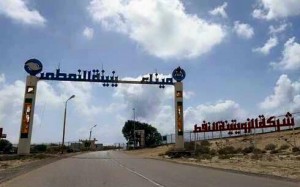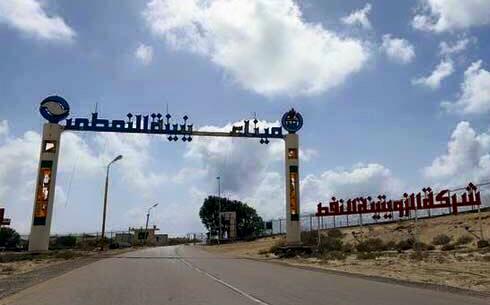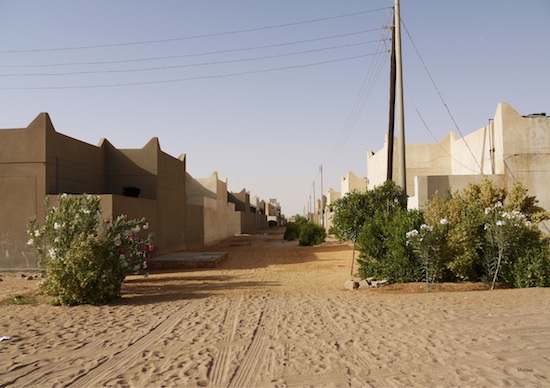By John Hamilton and Jamal Adel.

London and Beida, 3 November 2015:
Central Petroleum Facilities Guard commander Ibrahim Jadhran has shut down the . . .[restrict]Zueitina oil terminal to prevent the government in Tripoli from getting access to oil resources and revenue.
Jadhran notoriously blockaded the Ras Lanuf and Sidra terminals for 12 months from July 2013. He has now returned to the same political strategy which secured him important political influence by squeezing Libya’s hydrocarbons revenue streams, forcing the state to forego billions of dollars in revenue.
On 3 November, he wrote to the management in control of Zueitina instructing them “to stop exporting oil until further notice”. The immediate shut-in has reportedly prevented the loading of an oil shipment on a tanker that has reportedly been waiting for two days.
Central PFG spokesperson Ali Al-Hassi told the Libya Herald that Jadhran’s new blockade of Zueitina was justified by the fact that the Tobruk-based National Oil Corporation (NOC) is the only oil seller and contractor recognised by the IMF and OPEC.
This appears to be a reference to the fact that the government of Prime Minister Abdulla Al-Thinni is currently permitted to send delegates to meetings of these international bodies, while the Tripoli-based government is not.
Hassi also claimed that the Cyrenaica-based NOC had successfully completed all the registration and procedural terms. “This move is to prevent Tripoli-based NOC from getting to sell the oil and therefore Tripoli-based CBL won’t be able to control the state’s money assets,” he added.
Jadhran’s renewed blockade comes at an awkward time for NOC in Tripoli and for the Libyan economy in general. NOC’s authority as the only entity actually capable of selling Libyan oil is in any case under sustained attack by brokers and representatives of the eastern NOC appointed by the House of Representatives and led by Naji Al-Maghrebi.
In late October, international oil market sources reported that Eastern NOC had concluded the sale of a cargo of Sarir crude, which would be lifted from Tobruk’s Hariga terminal in early November.
This newspaper understands that NOC in Tripoli has called in the United Nations Libya Sanctions Committee to prevent the deal from being completed. Other western diplomatic efforts are also reportedly under way.
However on 3 November an oil market source reported that a tanker was still expected to call at Hariga to lift the cargo of crude of between 0.6 and 1 million barrels.
Libyan oil production was last week said to be averaging 420,000 b/d. Brega and Ras Lanuf have been out of operation for much of the year. With the closure of Zueitina, only Hariga in the far east and Mellitah in the west are now working. News of today’s shut-down contributed to a sharp $1.76 rise in the price of December West Texas intermediate crude to $47.90 a barrel.
John Hamilton is a contributing editor at African Energy and a director of Cross-border Information
[/restrict]







